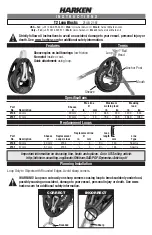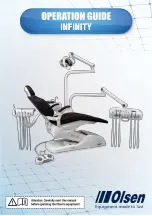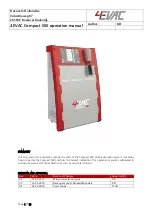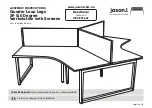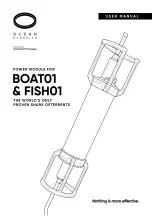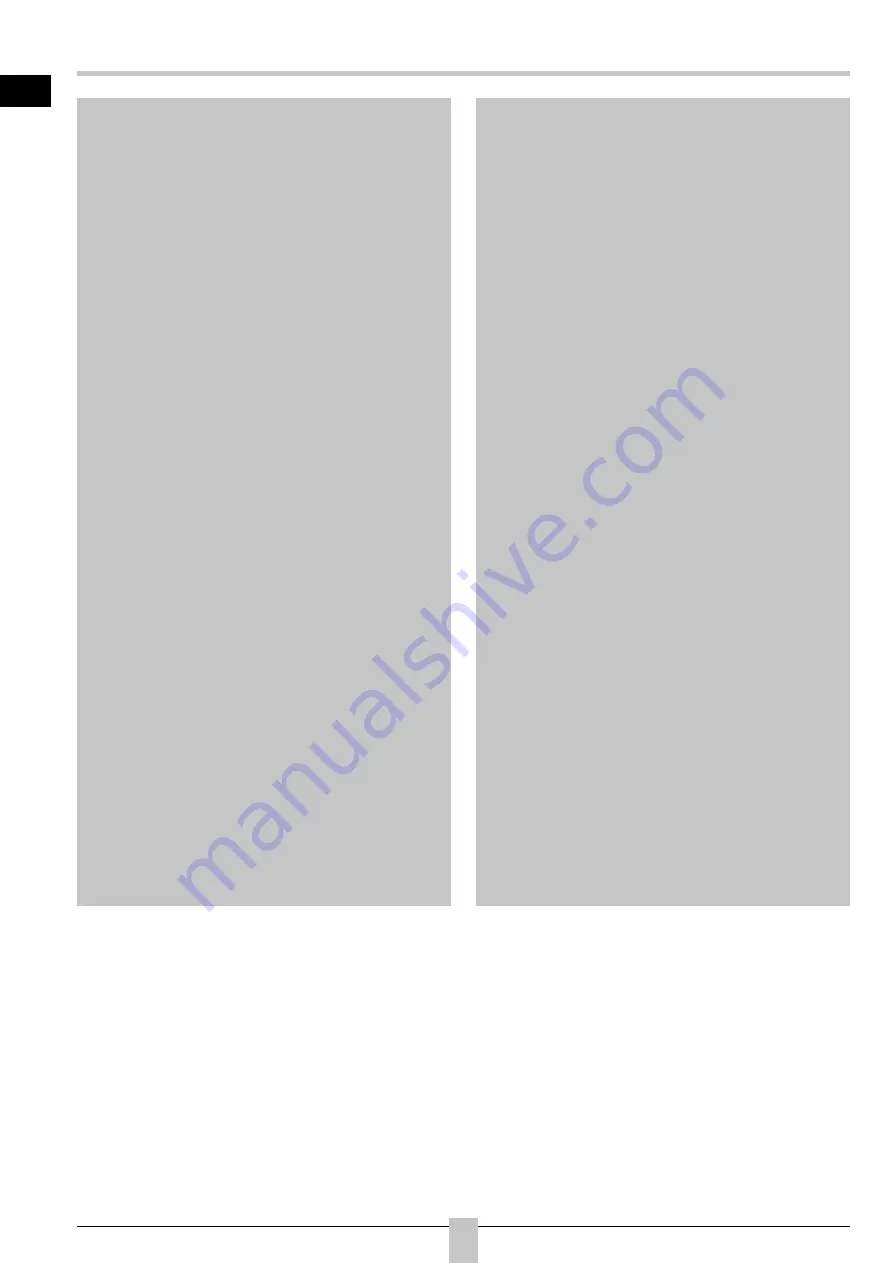
32
EN
N
EQUIPMENT DAMAGE!
The device must not be taken into operation:
•
if the supply cable or the plugs are damaged,
•
if the device has fallen down once,
•
if the device shows obvious safety defects.
Clean the device and return it for repair via the dealer from
whom you have purchased
TRACHEOPORT
®
JUNIOR.
The device must be checked at regular intervals for proper
function and technical safety defects, e.g. plug contacts,
secretion container, housing, etc.
The ambient conditions specified in Section 1.5 ‚Transport
and storage‘ must be observed.
Never immerse the device in water, even when the device is
in non-activated state.
Before taking the device into operation, the device itself,
the secretion container, accessories, connection cables and
tubes must be checked for damages. Damaged cables and
tubes must be replaced immediately. The device must be
checked for proper function before use.
No liquid must be allowed to penetrate into the device. If
liquid has penetrated into the device, then the device must
only be taken into operation again after it has been checked
by the customer service.
The device must be set up on a firm, level surface. If the
device is set up on an uneven surface (e.g. mattress,
cushion, upholstered chair), there is a risk that the device
may tip.
Before the device is connected, it must be checked whether
the mains voltage and frequency indicated on the device
are the same as the voltage and frequency of the supply
network.
Only use proper, regulation-compliant mains connections
and extension cables. Avoid moisture on plug and switch
unit.
2.0 SAFETY INFORMATION
N
HANDLING OF RECHARGEABLE BATTERIES
The rechargeable battery must be fully charged before being
taken into operation for the first time!
Deep discharge destroys the rechargeable batteries.
Therefore, charge the batteries every 3 months even
when TRACHEOPORT
®
JUNIOR is not being used.
Always store devices that are operated with rechargeable
batteries in charged condition.
If the device has not been in operation for a longer period
of time, the full capacity of the rechargeable batteries is
only once more available after approx. 4 full charging and
discharging cycles.
Have worn-out rechargeable batteries replaced immediately
by Andreas Fahl Medizintechnik-Vertrieb GmbH or by
authorised companies / persons. Mains operation of the
device with worn-out rechargeable batteries can destroy the
electronic charging system, or excessive power consumption
can lead to spontaneous shut-offs of the device.
Heat destroys the rechargeable batteries. Therefore, avoid
exposure to direct sunlight as well as the proximity of
heaters. The German Federal Environment Agency (Umwelt-
bundesamt) recommends an ideal ambient temperature
between 10-25 °C. Ambient temperatures below -20 °C and
above 50 °C decrease the lifespan of the battery.
If the available capacity (operating time) of the rechargeable
battery has dropped to less than 80 % of the capacity of a
new battery, the battery should be replaced by Andreas Fahl
Medizintechnik-Vertrieb GmbH or by authorised companies
/ persons.
Rechargeable batteries are wear parts. Due to the way
they are manufactured, a maximum of 800-900 charging
cycles can be achieved with the batteries, provided
that they are stored, taken into operation and used
properly, and in particular in accordance with the
specifications contained in these instructions for use.
If the batteries are not stored, handled and/or taken into
operation properly, a service life considerably below
800-900 charging cycles can result.































